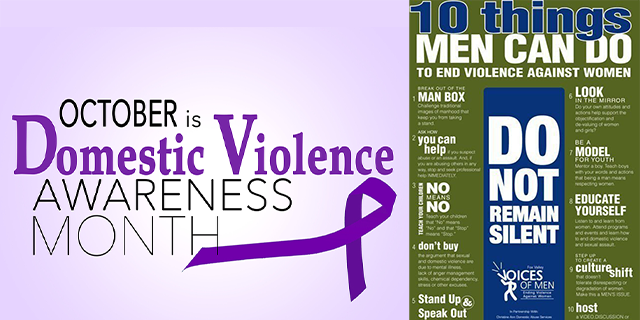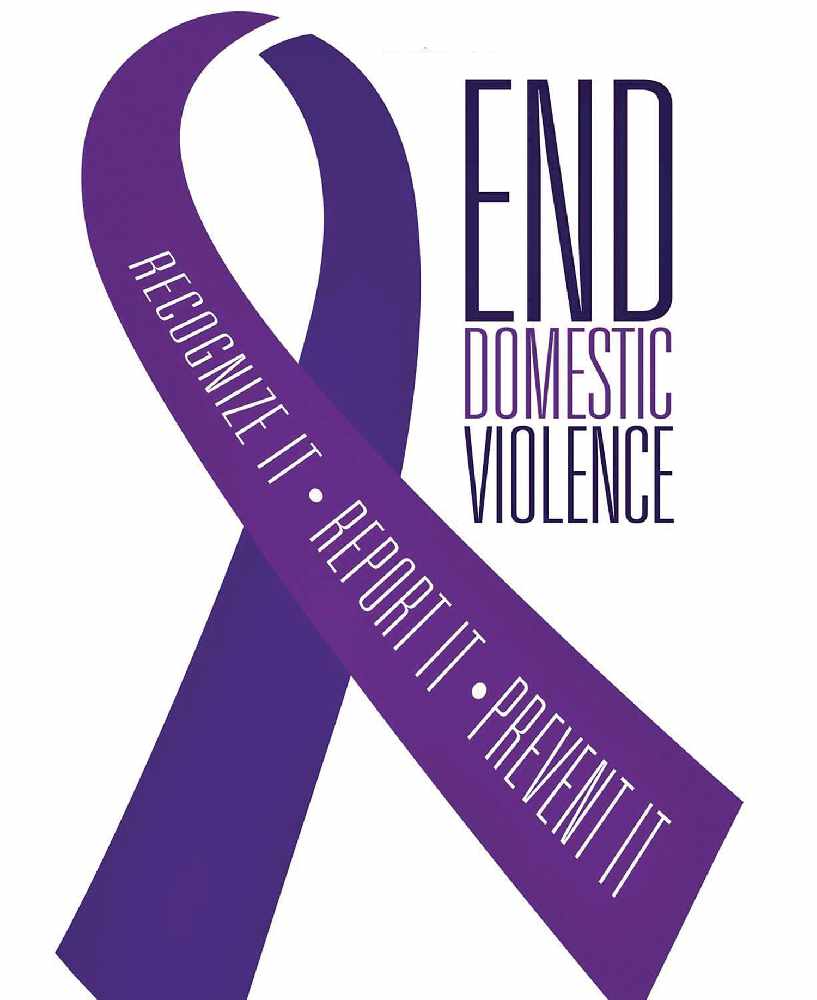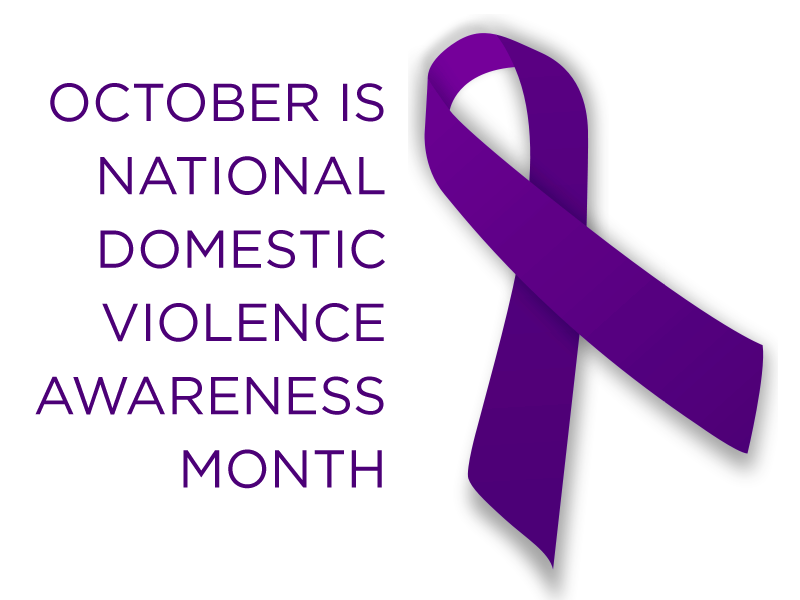
The Eastern PA Conference Domestic Violence Committee will sponsor “Domestic Violence: The Church Responds II” Saturday, September 28, 9 AM to 3 PM, at Simpson House, 2101 Belmont Ave, Philadelphia, PA. The theme of this seminar is “Breaking Out of the Man Box.”
It will feature a keynote message and panel discussion on helping men and boys unlearn and heal from toxic masculinity (i.e., socialized attitudes and behaviors that contribute to intimate-partner abuse). Workshops that follow will include:
- Healing the Community of the Trauma of Domestic Violence
- Teaching Respect and Helping Men Prevent Domestic Violence
- When Love Hurts: The Dynamics of Domestic Violence
Learn more and register today for this important learning experience for women, men and youth.

For too many women in the U.S.—and also around the world—who face the growing, tragic and often lethal epidemic of domestic violence, home is where the heartache is. That’s why advocates and others focus on this widespread problem during National Domestic Violence Awareness Month each October.
The U.S. Department of Justice estimates that 1.3 million women are victims of physical violence by a partner every year. Too often, that violence is fatal. Every 9 seconds, a woman in the U.S. is beaten or assaulted by a current or ex-significant other. Meanwhile, 835,000 men are victims of some form of physical violence by an intimate partner.
Many people suffering in abusive relationships stay with their partners for difficult reasons:
- Their self-esteem is totally destroyed, and they are made to feel they will never be able to find another companion or anyone who cares for them.
- In the “cycle of abuse, the ‘honeymoon phase’ that follows physical and mental abuse, convinces them their partner really is sorry and does love them.
- It’s dangerous to leave. Women are 70 times more likely to be killed in the weeks after leaving their abusive partner than at any other time in the relationship, according to the Domestic Violence Intervention program.
- Statistics suggest that almost 5 percent of male homicide victims 5 percent of male homicide victims each year are killed by an intimate partner.
- They are misled to feel responsible for their partner’s abusive behavior and that everything that goes wrong is their fault.
- They share a life, however painful it is. Marriages, children, homes, pets, and finances are a big reason victims of abuse feel they can’t leave.

HOW TO OBSERVE DV Awareness Month
Use #DomesticViolenceAwareness to post on social media. Sometimes, people don’t know if they are really in an abusive relationship because they’re used to their partner calling them crazy or making them feel like all the problems are their own fault. Here are a few ways to know if you’re in an abusive relationship that you need to get out of.
- Your partner has hit you, beat you, or strangled you in the past.
- Your partner is possessive. They check up on you constantly wondering where you are; they get mad at you for hanging out with certain people if you don’t do what they say.
- Your partner is unreasonably or excessively jealous. They accuse you of being unfaithful or isolate you from family or friends
- Your partner puts you down. They attack your intelligence, looks, mental health, or capabilities. They blame you for all of their violent outbursts and tell you nobody else will want you if you leave.
- Your partner threatens you or your family.
- Your partner physically and sexually abuses you. If they EVER push, shove, or hit you, or make you have sex with them when you don’t want to, they are abusing you.
HISTORY
Domestic Violence Awareness Month evolved from the “Day of Unity” held in October 1981 and conceived by the National Coalition Against Domestic Violence. The “Day of Unity” soon evolved into a week, and in October of 1987, the first National Domestic Violence Awareness Month was observed. In 1989 Congress passed Public Law 101-112, officially designating October of that year as National Domestic Violence Awareness Month. Such legislation has been passed each year since.
If you are experiencing domestic abuse, please click here for help. If you are in danger, call 911.
Source (adapted): National Domestic Violence Awareness Month
